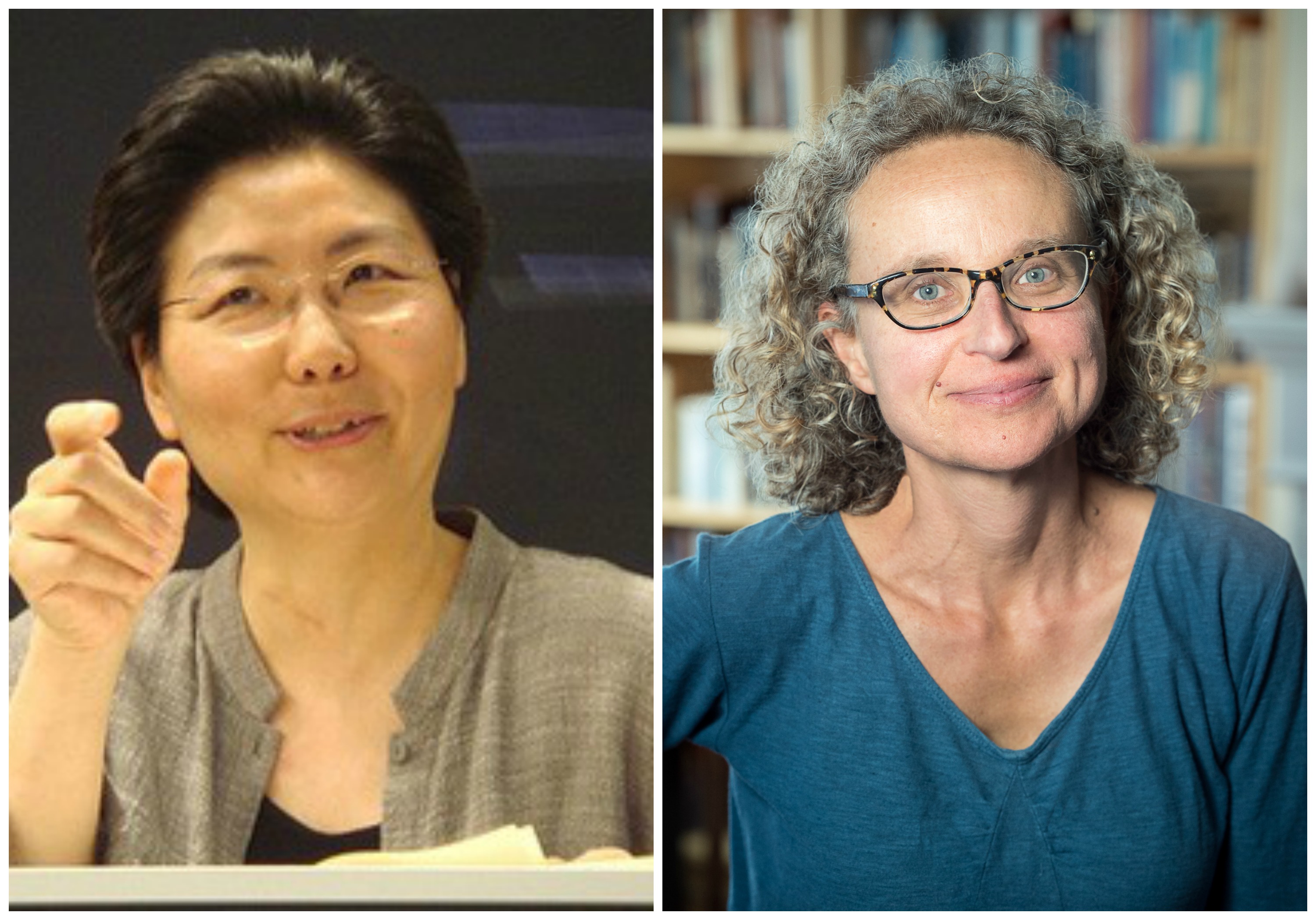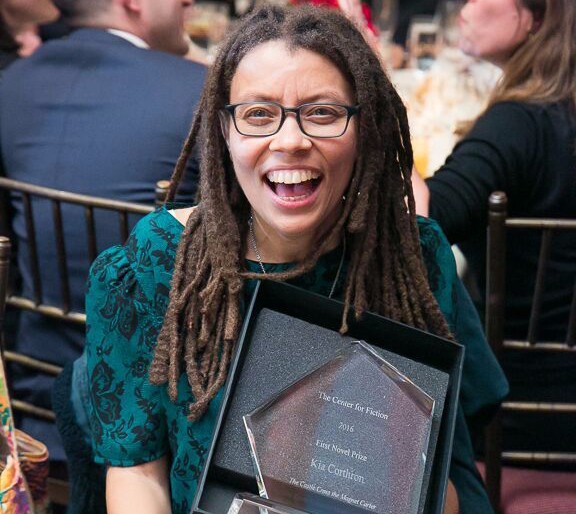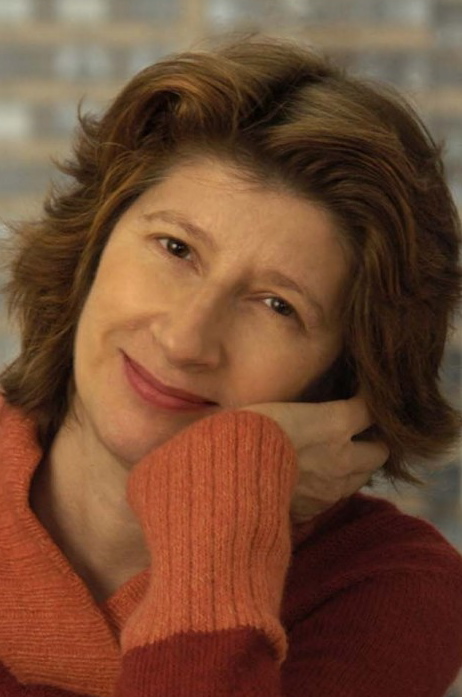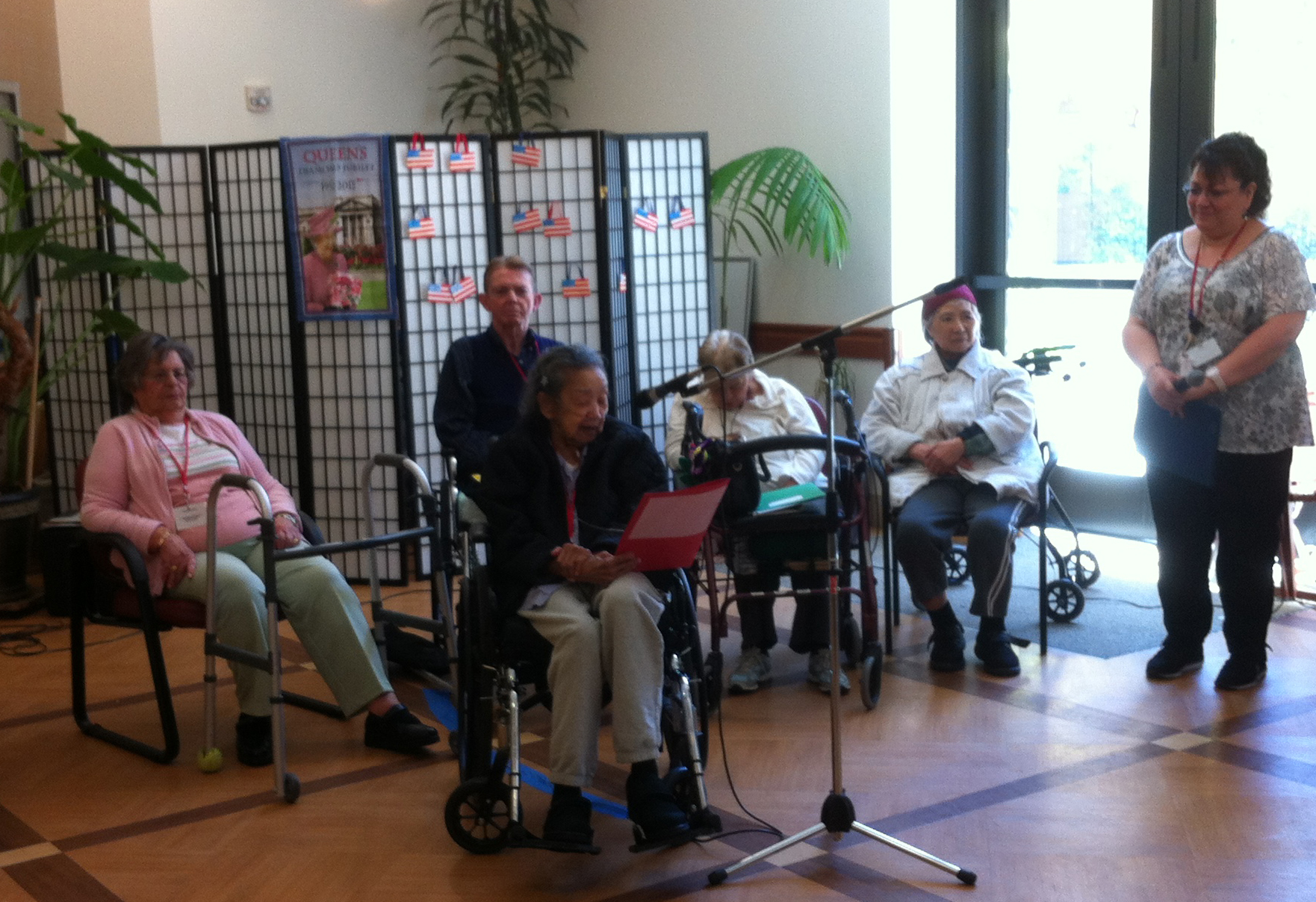Johnnierenee Nia Nelson is an award-winning author of five books of Kwanzaa poetry and two other volumes of poetry to promote social change. She serves as the San Diego County Area Coordinator for California Poets in the Schools, and teaches for San Diego's acclaimed Border Voices Poetry Program. She was the featured poet in the fifth annual El Cajon Friendship Festival with her creation of “A Taste of Kwanzaa” and a featured guest on KPBS’s “These Days” and “The Lounge.” Nelson also performed at San Diego City College in collaboration with Urban Bush Women and at the grand opening of San Diego’s new state-of-the-art Central Library.
 “Light the candles
“Light the candles
beat the drums
pour the libation
for Kwanzaa comes
Bring forth the poet
let her speak
the message of Kwanzaa
the knowledge we seek.”
For the past several years, thanks to support from Poets & Writers, I have been the featured poet at the World Beat Center's annual Kwanzaa festival held in beautiful Balboa Park—the crown jewel of San Diego. Kwanzaa is a seven-day celebration of community, culture, and kin, which begins December 26 and ends January 1. Kwanzaa, created in 1966 by Dr. Maulana Karenga, is based on the year-end “first fruits” harvest festivals that have taken place throughout Africa for thousands of years. It is a family-focused observance steeped in African tradition and replete with rituals such as “drum call,” “ancestral roll call,” and a candle-lighting ceremony using seven candles (three red, three green, and one black), which represent the seven principles of Kwanzaa including pouring of libation and karamu (our feast consisting of African, African American, and Caribbean cuisine). Kwanzaa was explicitly designed to reaffirm and restore our rich African heritage.
Armed with a museum-quality kalimba, one of the many, many African names for what is known in America as a thumb piano, I (aka the Kwanzaa Poet) get to express with the resonating rhythm of this musical instrument the pride and the love I have for this progressive and uplifting holiday as a hush falls upon an audience awed by its chimes and my hypnotic chants and murmurings. Simply put, I love Kwanzaa. It has so much meaning and significance; so much to offer. I love its symbols, rituals, principles, and emphasis upon family. I love its history; the fact that it was created during the black nationalist movement of the 1960s as an act of cultural self-determination.
This year marks the fiftieth birthday of Kwanzaa and for several nights I get to perform such poems as “People in Me,” “Black Gold,” “Kwanzaa Is Rich,” “How I Rejoice,” and “Going the Distance”—poems found in the five volumes of poetry that I created in tribute to this revered commemoration.
The Kwanzaa festival is welcoming. All people are invited to “Come to the Kwanzaa table”—a table laden with fruits and vegetables (representing the fruits of our labor), African artifacts, and other symbols of Kwanzaa, such as the unity cup and the bendera (our flag also in the Pan-African colors of black, red, and green). The beauty and genius of Kwanzaa is in its centerpiece—its seven core principles (the Nguzo Saba), which begins with unity and ends with faith—values sorely needed in today’s climate of divisiveness and turmoil.
Kwanzaa celebrants are encouraged to don traditional West African and reggae attire, which creates a flurry of bright and bold colors, and vibrant geometric designs characteristic of the mud cloth, kente and Kuba cloth, and reggae fashions that friends and family members adorn. Elaborate and elongated African head wraps, as well as leather sandals typify the garments that guests wear. The plethora of sights and sounds associated with this colorful occasion along with the smells of healthy African and Caribbean vegetarian foods served at the World Beat Center’s karamu exemplify community-building and networking at its best.
Last year's festival attracted more than eight hundred celebrants. Each night's program begins with a drum call, a rendition of the African American National Anthem “Lift Every Voice and Sing” and a prayer delivered in Twi, the ancestral language of the Akan people in West Africa. In addition to my poetry performances, this festival incorporates stilt dancing, drumming, singing, storytelling, live music, traditional African dancing, and capoeira (a martial art that combines elements of dance, acrobatics, and music). Cultural fufu for all!
“How I rejoice in the blackness of Kwanzaa
midnight black like Mother Africa
ebony black like.........”
Photo: Johnnierenee Nelson. Photo credit: Ben Nelson.
Major support for Readings & Workshops in California is provided by the James Irvine Foundation and the Hearst Foundations. Additional support comes from the Friends of Poets & Writers.
 Using the online submission system, submit up to three poems for the Kay Murphy Prize or a story or novel excerpt of up to 7,500 words for the James Knudsen Prize by January 1. The entry fee is $20, which includes a one-year subscription to Bayou Magazine. All entries will be considered for publication. Visit the website for complete guidelines.
Using the online submission system, submit up to three poems for the Kay Murphy Prize or a story or novel excerpt of up to 7,500 words for the James Knudsen Prize by January 1. The entry fee is $20, which includes a one-year subscription to Bayou Magazine. All entries will be considered for publication. Visit the website for complete guidelines.





 “Light the candles
“Light the candles
 Kia Corthron
Kia Corthron Citizens or permanent residents of the United States and Canada writing in English who are working on a biography that has not been commissioned, contracted, or self-published—and who have not yet published a biography, history, or book of narrative nonfiction—are eligible. To apply, fill out the
Citizens or permanent residents of the United States and Canada writing in English who are working on a biography that has not been commissioned, contracted, or self-published—and who have not yet published a biography, history, or book of narrative nonfiction—are eligible. To apply, fill out the 